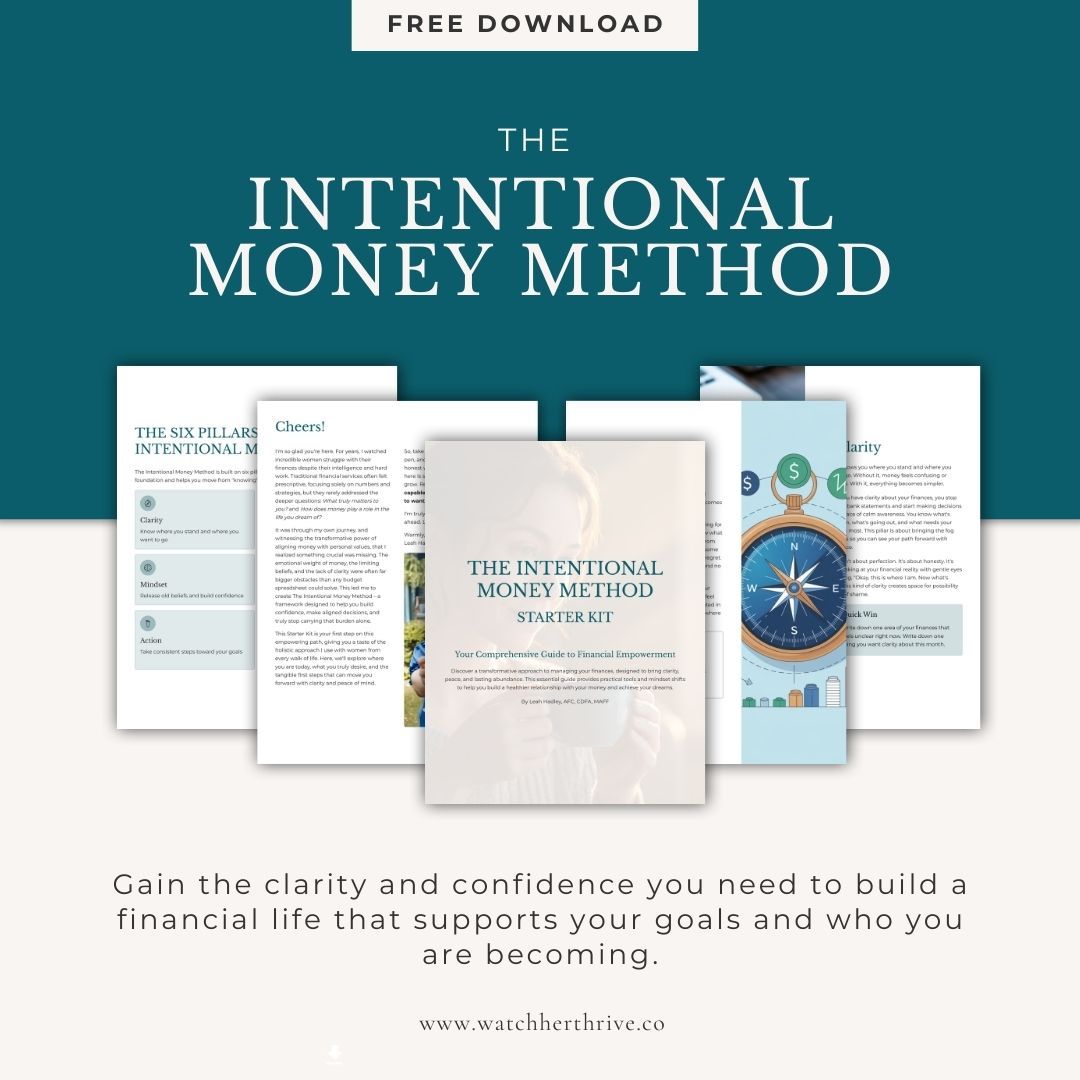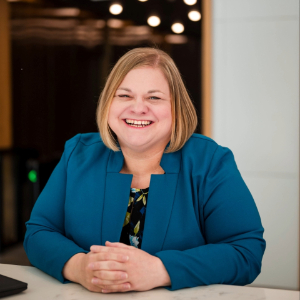Breaking the Paycheck-to-Paycheck Cycle: How to Reclaim Control of Your Money

If you’re living paycheck-to-paycheck, you’re not alone. Studies show that nearly three out of four Americans are in the same boat, and many would struggle to cover even a $400 emergency expense without borrowing money. It’s no wonder so many people feel anxious about their finances.
But here’s the truth: you don’t have to stay stuck in that cycle. Once you understand what’s really causing the financial stress, you can create a plan to move toward stability—and eventually, confidence and freedom.
At Intentional Wealth Partners, I’ve helped hundreds of women identify the root of their financial challenges and rebuild a sense of peace around money. The first step is awareness. Let’s start there.
Step One: Understand Why You’re Living Paycheck-to-Paycheck
Financial struggle isn’t always about being “bad with money.” Often, it’s the result of multiple factors—some within your control and others that require new strategies or support. When you identify what’s happening beneath the surface, you can start taking intentional steps forward.
Here are some of the most common reasons people get stuck in the paycheck-to-paycheck cycle:
1. Carrying Credit Card Debt
High-interest credit card balances can drain your cash flow and make it nearly impossible to get ahead. Even a few thousand dollars at 20% interest adds up fast.
Take time to list your balances and interest rates so you can build a payoff plan that works for you.
2. Not Earning Enough Income
Sometimes, the issue isn’t overspending—it’s under-earning. Whether you’re underpaid, working fewer hours than you’d like, or stuck in a job that doesn’t reflect your value, it’s time to explore ways to grow your income.
That might mean asking for a raise, pursuing new opportunities, or starting a side business that aligns with your skills and values.
3. Overspending or Emotional Spending
Many women I work with don’t realize how often emotional spending creeps in—especially when they’re stressed, lonely, or overwhelmed.
Tracking your spending for just 30 days can help you see patterns clearly and start making choices that align with your goals, not your moods.
4. Living Beyond Your Means
Home, car, and lifestyle choices can quietly eat away at your financial peace. It’s common for people to buy what the bank says they “can afford” rather than what truly fits their life and priorities.
A realistic, values-based budget helps you make empowered choices without sacrificing joy.
5. Lack of Savings
Without an emergency fund, every surprise—car repair, vet bill, or appliance replacement—feels like a crisis.
Start small. Even setting aside $25 a week builds momentum and creates breathing room.
6. Medical or Family Challenges
Health expenses or caregiving responsibilities can derail even the best financial plans.
Give yourself grace here. You’re not failing—you’re navigating an incredibly difficult system. Focus on what you can control: communicating with providers, setting up payment plans, and building a realistic recovery plan.
7. No Financial Plan
If your money feels chaotic, it’s often because there’s no clear plan guiding it.
Financial planning isn’t just about numbers, it’s about aligning your resources with your values and goals. When you have a plan, you gain confidence and clarity, even when challenges arise.
You Deserve Financial Peace
Breaking free from the paycheck-to-paycheck cycle starts with awareness, honesty, and intention.
You don’t need to figure it all out overnight. You just need to take the next step.
If you’re ready to rebuild your financial foundation with guidance and community, join us inside The Empowered Sisterhood.
You’ll get access to tools, workshops, and real conversations that help you create a more intentional relationship with money—one that supports the life you want to live.



